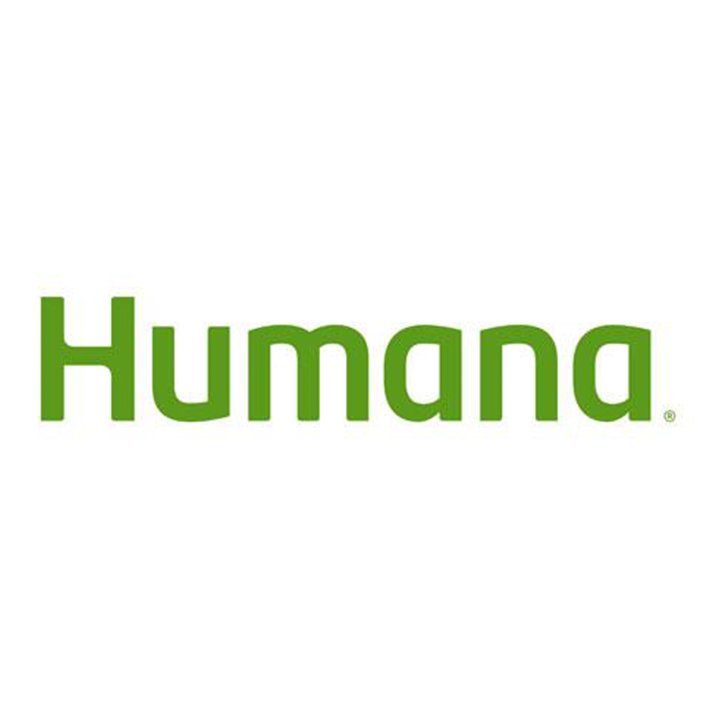
Humana will buy part of Kindred Healthcare’s home health business, the latest example of a health insurer growing more involved in the delivery of care on top of handling the bills for it.
The insurer said Tuesday it will pay about $800 million in cash for a 40-per cent stake in the business, which includes hospice care and serves about 130,000 patients daily. The remaining stake will be purchased by the private equity firms TPG Capital and Welsh, Carson, Anderson & Stowe.
Those firms also will acquire the rest of Louisville, Kentucky-based Kindred Healthcare Inc., which runs long-term acute care and inpatient rehabilitation hospitals.
Humana, which already operates a home health business, said the deal will help it keep costs down, improve health and manage chronic conditions. CEO Bruce Broussard said in a prepared statement that care delivered at home is a “vital element” in improving the health of older people living with chronic conditions, which can include diabetes or heart disease.
Humana Inc., also based in Louisville, is one of the nation’s biggest providers of Medicare Advantage plans, which are privately run versions of the federal Medicare program for people who are over 65 or disabled. It also provides Medicare prescription drug coverage and offers commercial insurance.
Health insurers and other entities have been pushing deeper into managing or providing patient care in order to cut costs and improve quality. The basic idea is to help people stick with treatment plans, stay on medication and live healthy lifestyles in order to ward off expensive care like hospital stays.
The trend is drawing concern from some patient advocates who worry that it could lead to fewer doctor choices or other treatment restrictions.
However, economist Linda Blumberg noted that these deals can give insurers more control over provider payment rates, which might help restrain the cost of coverage.
“There is potential to control costs in a way you can’t do when you’re just one among others trying to negotiate rates with providers,” said Blumberg, a senior fellow at the Urban Institute’s Health Policy Center.
Earlier this month, CVS Health said it would pay about $69 billion to buy the health insurer Aetna in a deal that will expand the role of its drugstores in managing patient care.
Tuesday’s announcement also comes several days after another insurer, UnitedHealth Group Inc., said it would spend nearly $5 billion deal to buy hundreds of clinics from DaVita Inc. UnitedHealth’s Optum segment runs more than 1,100 primary, urgent and surgery care centres. A company spokesman said UnitedHealth’s Optum business provides care for over 13 million people through more than 30,000 physicians.
Regulators and Kindred shareholders still need to approve Humana’s acquisition, which the companies expect to close next summer. The deal also gives Humana the right to acquire the rest of Kindred’s home health business in a few years.